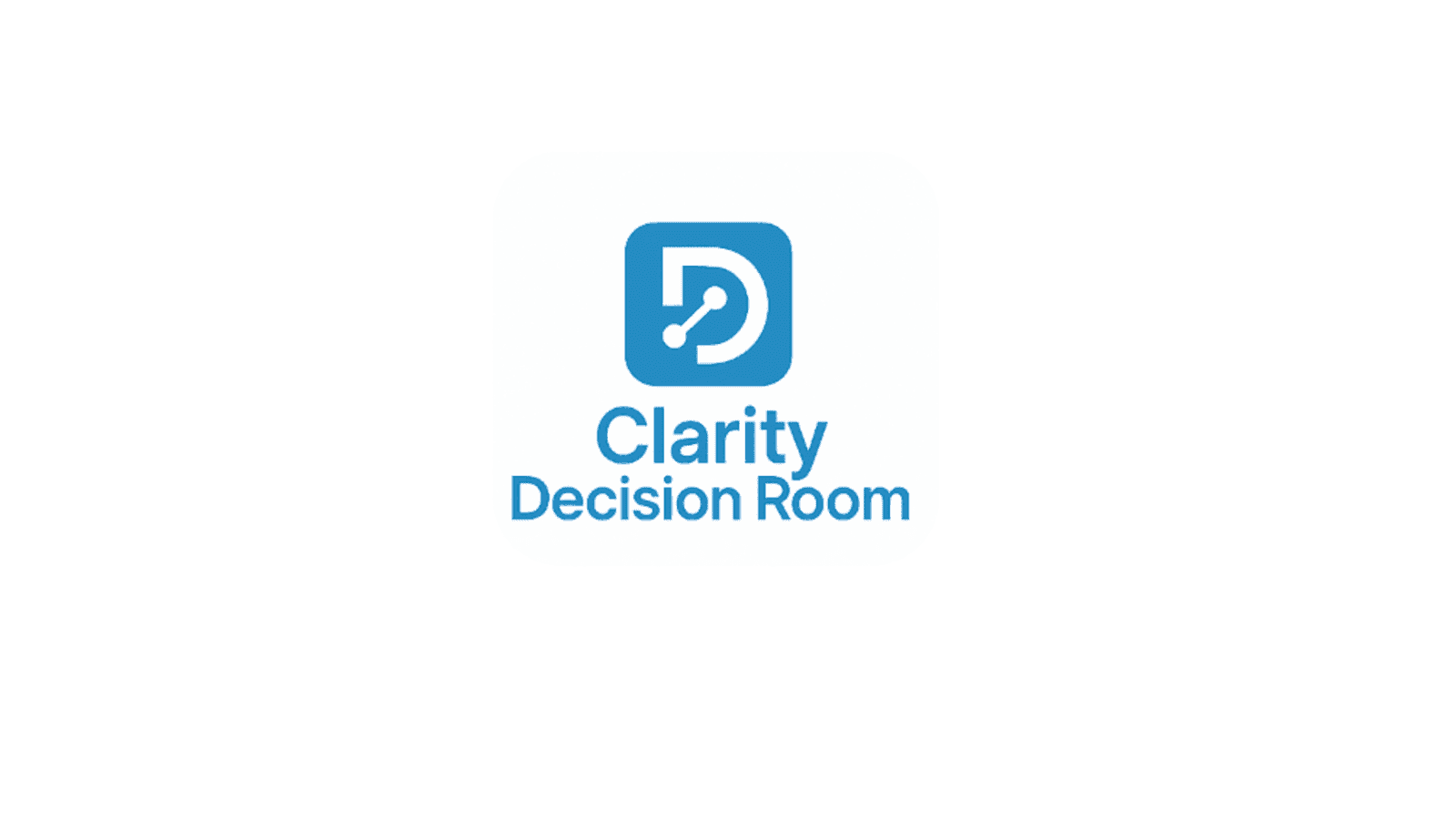Informative decision-making doesn’t happen in a bubble because decisions aren’t always dependent on one area of expertise. Decisions should happen collaboratively. We have all heard of data-driven decisions, and this is absolutely one way to reduce risk in decision-making. However, it is prudent that we also acknowledge that decisions will involve more than just data; they will involve people, processes, market factors, and data.
Overlooking the variables in decision-making and focusing solely on descriptive and diagnostic data metrics will reduce decision risk; however, more is needed to maximize success. We must emphasize an interdisciplinary intelligence design known as decision science for success optimization.
Decision science may sound complicated, but it isn’t. It can also take the form of a cross-functional team that provides decision support to leadership. Most companies already have the human capital necessary to create cross-functional teams for decision support. Think of it as implementing a "round table" approach, where representatives from marketing, finance, data, executive leadership, and HR converge to analyze and provide recommendations for critical business decisions based on their collective expertise.
This approach breaks down silos within the organization and allows each specialized field to contribute their expertise. In the absence of clear decisions, the decision support team gathers all the necessary variables to create recommendations for leadership on how to proceed based on multiple factors. However, this won't be effective if the decision support team is not integrated into the organizational design. It's crucial to involve the decision support team in critical to mission decisions before taking action to maximize the effectiveness of those decisions.
It's important to note, that instead of forming a cross-functional team, an organization can simply hire decision scientists. By doing so, an organization can bypass the challenges of a cross-functional team trying to understand each other's roles and integrating their skills into a cohesive unit.
A team of decision scientists knows what to do and how to do it. They understand their place in the organization's ecosystem and will speed up the transformation of actions to value. A decision scientist should have a firm grasp of business process management, economics, human capital management, behavioral analytics, decision psychology, and data analytics. Ideally, they hold an MBA with one or more certificates or degrees in data analytics, applied business management, or marketing.
Based on your budget and organizational structure, you could establish a decision support team, or create a decision science team.
Clarity Metrics is a consulting group specializing in decision science. We can assist you in creating and implementing a decision framework customized for your organization. Our exclusive decision framework, Shift, Promote, Design, prioritizes a growth mindset before beginning decision design. It also integrates our unique Harmonious Operational Pathway for Efficiency (H.O.P.E) process improvement design and our proprietary Decision Readiness Appraisal to produce impactful results
